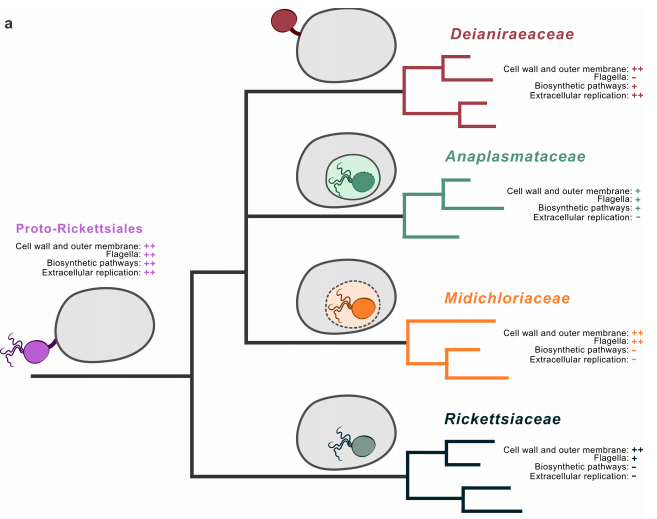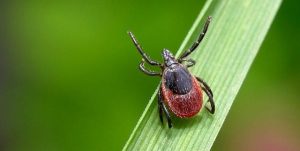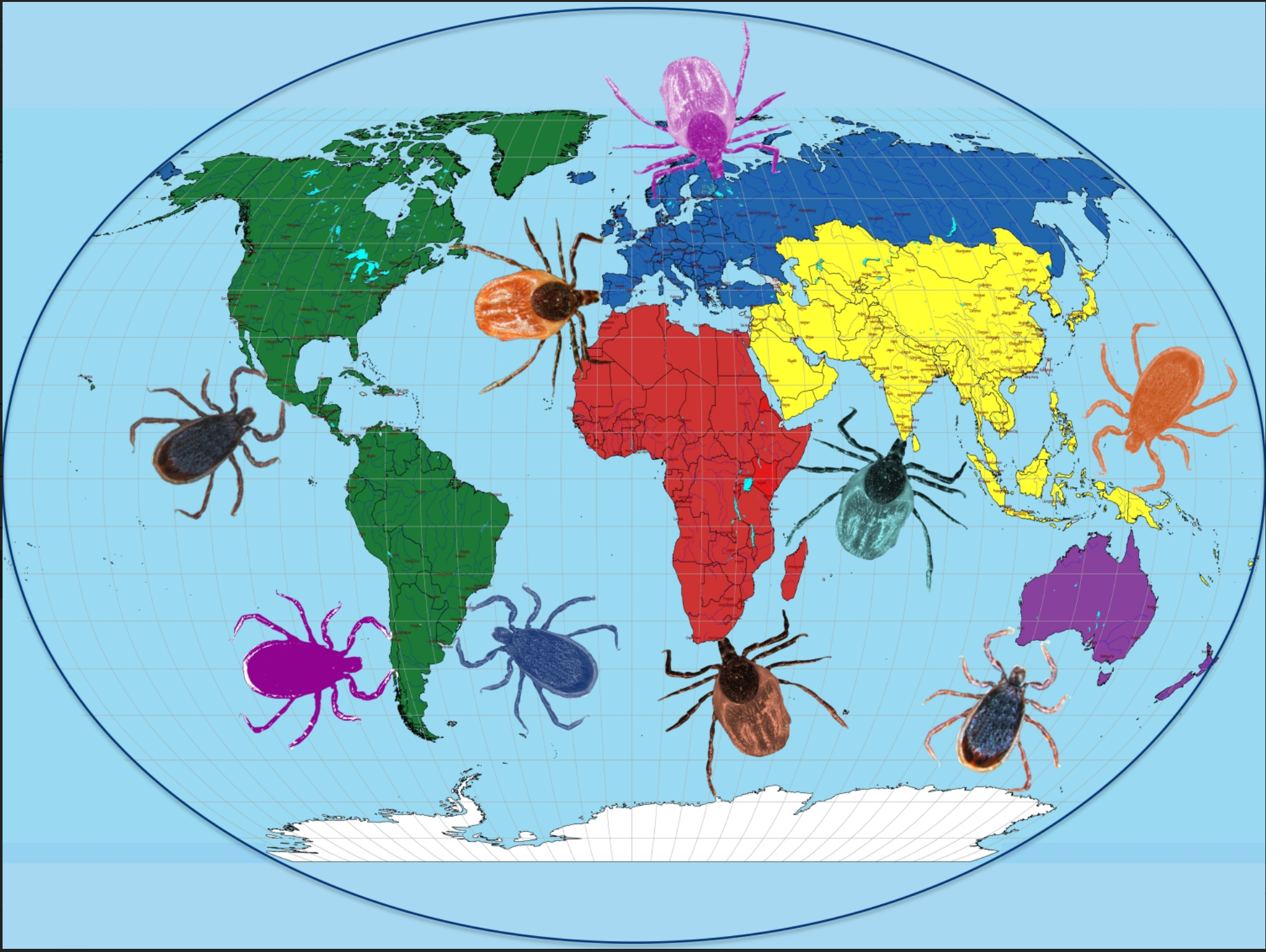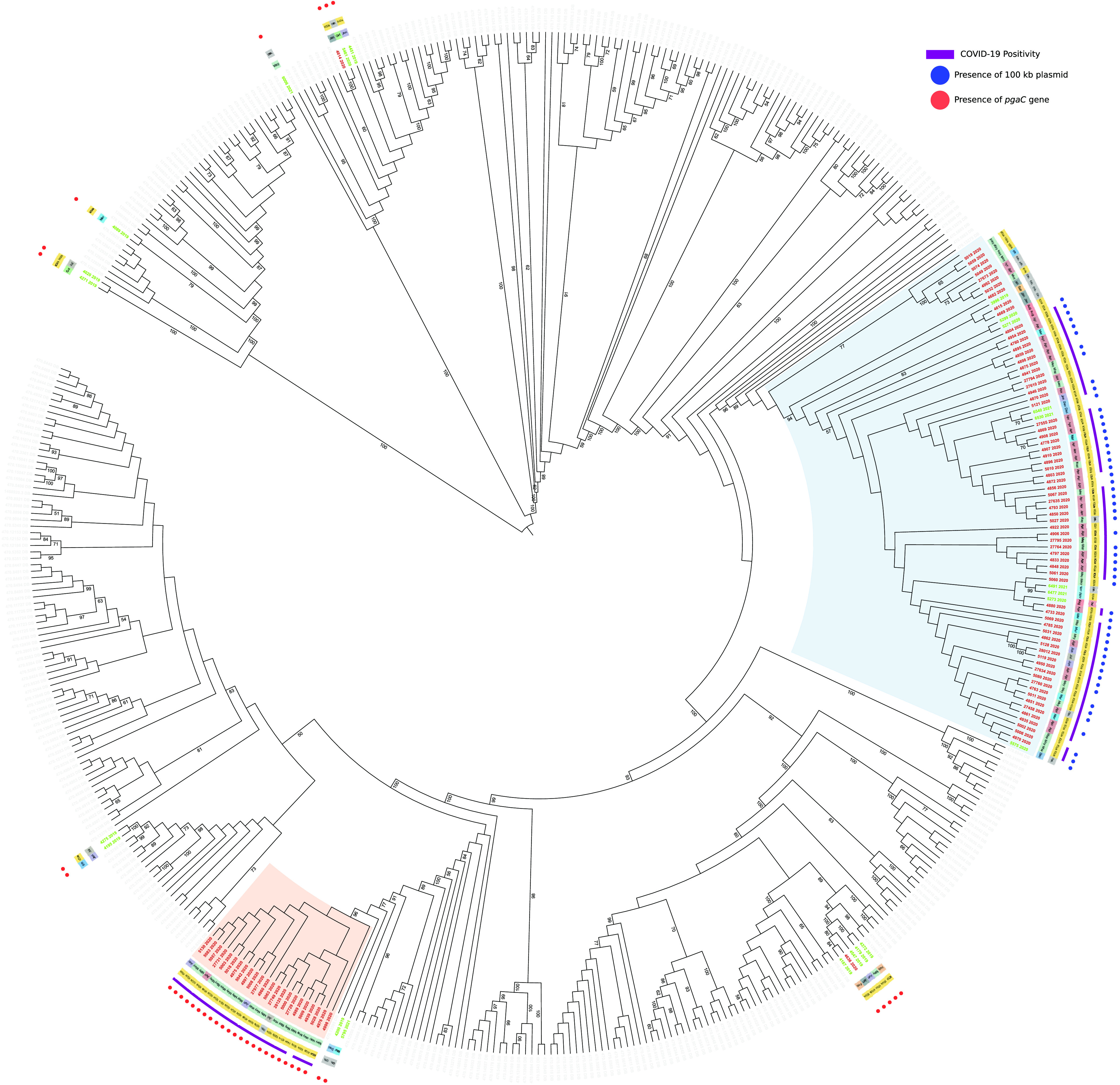Update 2024
Please contact davide.sassera@unipv.it if you are interested.
When applying for an internship please state which project you apply for, why and what motivations and skills you bring. During the interview you will be questioned regarding the reference articles indicated in each project.
Comparative genomics of bacterial symbionts (for one Master degree student)

The aim of this project is to sequence and analyse by bioinformatic methods the genomes of novel bacterial symbionts belonging to different lineages (e.g. Rickettsiales, Holosporales, Mollicutes, Coxiellaceae, UBA3830) and associated to diverse lineages of arthropods and other eukaryotic hosts (including unicellular protists). In particular, comparative genomic analyses will be performed in order to elucidate the evolutionary history of the symbionts and the specific adaptations involved in the host-associated lifestyle and interactions, thus providing functional, evolutionary and ecological insights.
The student will learn the basic techniques of bioinformatic applied to evolutionary studies. The project is fully bioinformatic with no wet-lab work. Previous bioinformatic experience is a plus but is not required.
Reference articles:
https://pubmed.ncbi.nlm.nih.gov/38173299/
https://pubmed.ncbi.nlm.nih.gov/37305924/
High-throughput screening of pathogens in Ixodes ricinus ticks (for one Master/Bachelor degree student)

This project aims to evaluate the presence of pathogens in ticks using high-throughput molecular biology technique, called microfluidic PCR, that allows to perform 48 PCR reactions for 48 samples at a time. The students will perform field collection of ticks, DNA extraction, microfluidic PCR, followed by validation of results with standard PCR and Sanger sequencing. The obtained results will be subjected to phylogenetic and statistical analysis. Previous lab experience is a plus but is not required. Reference article: https://pubmed.ncbi.nlm.nih.gov/38035456/
Reference article: https://pubmed.ncbi.nlm.nih.gov/38035456/
Contact: @DavideSassera, @SophieMelis
Population genomics of Ixodes ricinus (one Master degree student)

https://www.mdpi.com/2076-0817/12/10/1258#
In this project we aim to introduce a novel approach to study populations of Ixodes ticks, which in turn will provide an updated picture of the relationships between highly related species, determine their genetic, morphological and geographical boundaries, and allow to design novel methods for their identification.
The student will learn the basic techniques of bioinformatic applied to evolutionary studies. The project is fully bioinformatic with no wet-lab work. Previous bioinformatic experience is a plus but is not required.
Contact: @DavideSassera in collaboration with Prof. Torroni group and Prof. Bandi group
Genomic epidemiology of pathogens (for one Master and Bachelor degree student)

The aim of this project is to analyse by bioinformatic methods the genomes of bacterial and parasitic pathogens, and combine the results with epidemiological and clinical data. This will allow to characterize resistance and virulence traits, to determine epidemiological trajectories and reconstruct outbreaks, but also to reconstruct phylogeny and associate genomic variations to evolutionary trees.
The student will learn the basic techniques of bioinformatic applied to genomic studies. The project is fully bioinformatic with no wet-lab work.
Reference articles:
https://pubmed.ncbi.nlm.nih.gov/31849904/
https://pubmed.ncbi.nlm.nih.gov/38977307/
Contact: @DavideSassera, @MichelaVumbaca, @GretaBellinzona
In silico structural biology to study Host-Symbiont/Pathogen interactions (for one Bachelor/Master degree student)

The goal of this project is to combine omics data with structural biology, particularly AlphaFold-Multimer, to predict interactions between organisms—such as symbionts and their hosts—uncovering molecular processes like immune evasion, metabolic cooperation, and the manipulation of host cell functions.
Current projects involve:
– Interaction between Midichloria mitochondrii and Ixodes ricinus.
– Interaction between Borrelia and its vectors and hosts.
The student will learn the basic techniques of bioinformatic involving -omics analyses and structural biology. The project is fully bioinformatic with no wet-lab work. Previous bioinformatic experience is a plus but is not required.
Reference article: https://academic.oup.com/bioinformaticsadvances/advance-article/doi/10.1093/bioadv/vbae153/7818424
Contact: @Davide Sassera, GretaBellinzona
Molecular screening of symbiotic microorganisms in arthropods (for one Master/Bachelor degree student)

This project aims to evaluate the presence, prevalence and abundance of bacterial symbionts in different lineages of arthropods. To this purpose, molecular biology techniques will be used, in particular, the full-length 16S rRNA gene will be sequenced by long reads to characterize the microbial communities of the host. The obtained results will be analysed by dedicated bioinformatic pipelines. This project will allow future investigations on the identified symbionts, e.g. phylogenetic, genomic and transcriptomic analysis.
This project will involve wet laboratory activities, including DNA extraction, PCR, electrophoresis, sequencing set-up on a variegate set of samples, as well as bioinformatic analyses.
Both Master and Bachelor degree students will perform wet laboratory analysis, Master degree students will take part in data analysis.
Reference article:
https://pubmed.ncbi.nlm.nih.gov/34996376/
https://www.sciencedirect.com/science/article/pii/S2001037019303745#b0010
